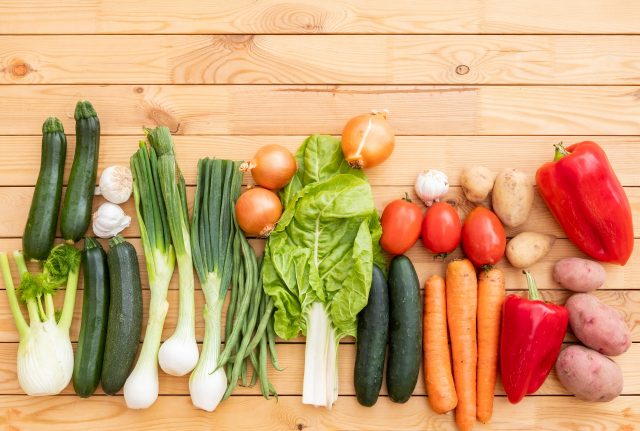Even if world production of maize, milk or meat is expected to increase in 2023, food imports from the poorest countries are expected to fall because of the still high price of certain commodities, warned FAO on Thursday 15 June 2023.
While high-income countries will continue to import more, the bill for the 47 least-developed countries, mainly located in Africa, is expected to fall by 1.5% this year, the Food and Agriculture Organization (FAO) in its bi-annual “Food Outlook” report.
This decline is expected to be even more pronounced, reaching nearly 5% in net food importing developing countries, such as Tunisia, Egypt and Pakistan.
The decline in food import volumes in these two groups is “a worrying development”, and suggests a decrease in their purchasing capacity, according to FAO.
Even though oil or grain prices have come down since the peak reached in March 2022, after the invasion of Ukraine, they remain at high levels today. And those of fruits, vegetables or dairy products continue to advance, “curbing demand” especially in vulnerable countries.
“These concerns are amplified by the fact that the fall in international prices for a number of basic food products has not translated, or at least not completely, into a fall in prices at the national retail level,” stresses the FAO.
Globally, spending on food imports is expected to set a new record in 2023, although it is expected to “grow at a much slower pace than last year”.
After a jump of 18% in 2021 and 11% in 2022, the bill should increase by 1.5% to reach 1.980 billion dollars.
At the same time, production of rice, coarse grains (maize, sorghum), oilseeds, sugar, milk or meat, with the exception of beef and pork, is expected to increase in 2023/24.
Coarse grain production is expected to increase by 3% to 1,513 million tonnes, a “new record” driven by a crop expected to peak in Brazil.
Wheat, on the other hand, is expected to fall by 3% after the previous season’s record (777 million tonnes), due to a lower harvest in Russia and Australia.
“Despite these generally positive prospects, global food production systems remain vulnerable to climate, geopolitical or economic shocks,” FAO warned.















































